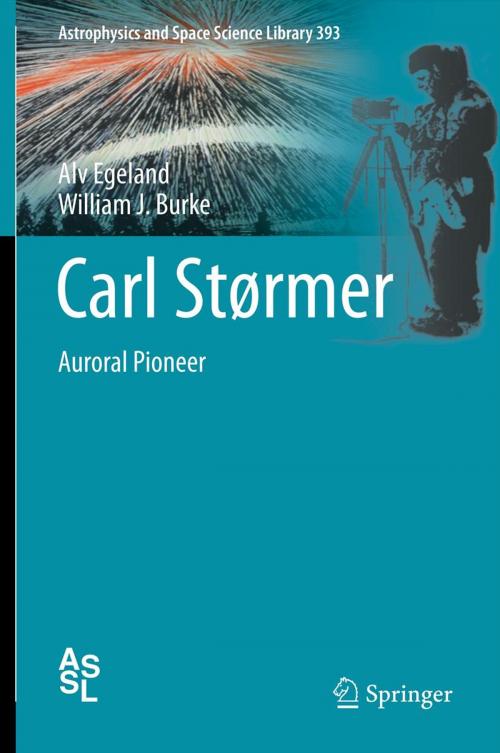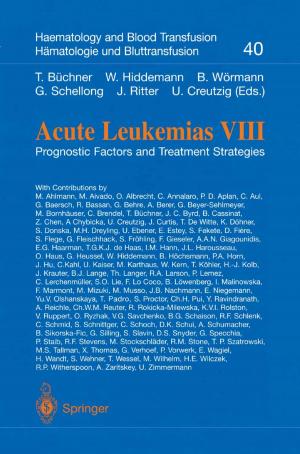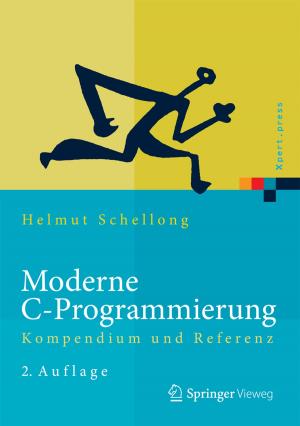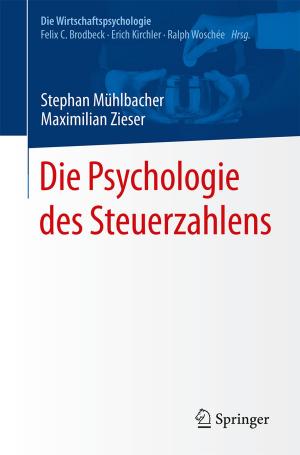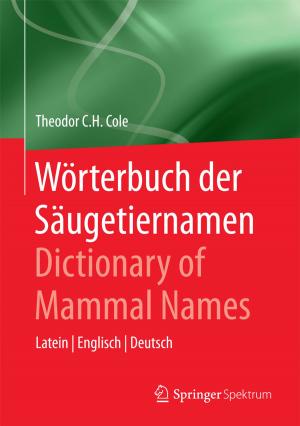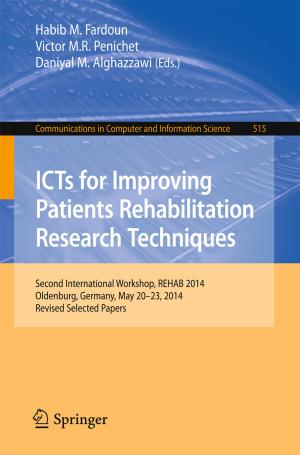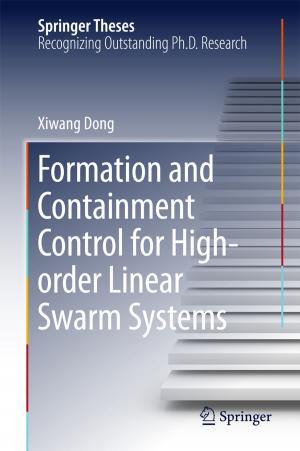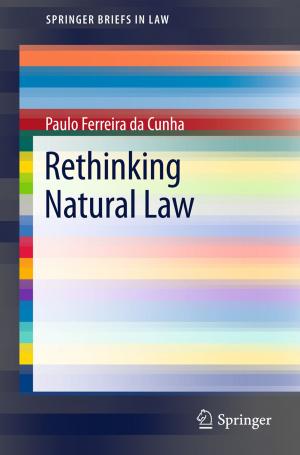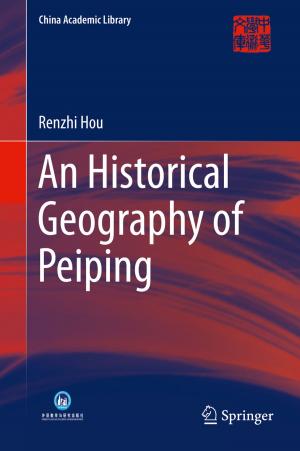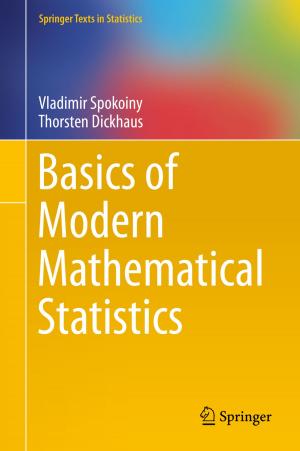Carl Størmer
Auroral Pioneer
Nonfiction, Science & Nature, Science, Other Sciences, Meteorology, Physics, Astrophysics & Space Science, Technology| Author: | Alv Egeland, William J. Burke | ISBN: | 9783642314575 |
| Publisher: | Springer Berlin Heidelberg | Publication: | October 20, 2012 |
| Imprint: | Springer | Language: | English |
| Author: | Alv Egeland, William J. Burke |
| ISBN: | 9783642314575 |
| Publisher: | Springer Berlin Heidelberg |
| Publication: | October 20, 2012 |
| Imprint: | Springer |
| Language: | English |
This biography summarizes the seminal contributions to auroral and space science of Carl Størmer (1874 - 1957). He was the first to develop precise photographic methods to calculate heights and morphologies of diverse auroral forms during four solar cycles. Størmer independently devised numerical techniques to determine the trajectories of high-energy charged particles allowed and forbidden in the Earth’s magnetic field. His theoretical analyses explained cosmic ray access to the upper atmosphere, 20 years before they were identified by other scientists. Størmer’s crowning achievement, “The Polar Aurora,” published when he was 81 years old, stands to this day as a regularly cited guide in graduate-level courses on space physics.
The authors present the life of this prodigious scientist in relation to the cultural life of early 20th century in Norway and to the development of the space sciences in the post-Sputnik era.
This biography summarizes the seminal contributions to auroral and space science of Carl Størmer (1874 - 1957). He was the first to develop precise photographic methods to calculate heights and morphologies of diverse auroral forms during four solar cycles. Størmer independently devised numerical techniques to determine the trajectories of high-energy charged particles allowed and forbidden in the Earth’s magnetic field. His theoretical analyses explained cosmic ray access to the upper atmosphere, 20 years before they were identified by other scientists. Størmer’s crowning achievement, “The Polar Aurora,” published when he was 81 years old, stands to this day as a regularly cited guide in graduate-level courses on space physics.
The authors present the life of this prodigious scientist in relation to the cultural life of early 20th century in Norway and to the development of the space sciences in the post-Sputnik era.
